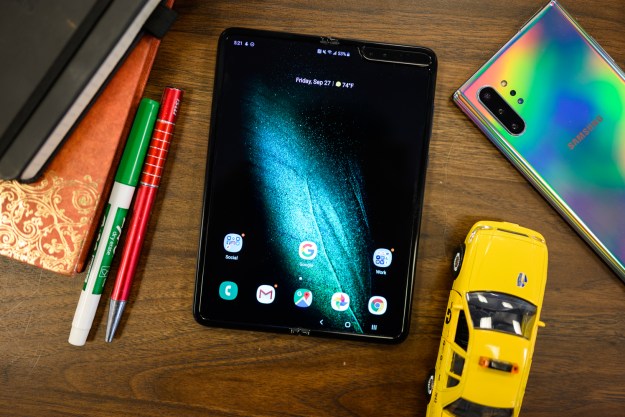
The president of HTC America, Jason Mackenzie, used his Twitter account to respond to a developer asking why the company isn’t joining Google, Samsung, and LG in rolling out monthly security updates to its users. “We will push for them,” Mackenzie said, “but unrealistic for anyone to say guaranteed every month.”
Mackenzie’s response has earned him and HTC some eye-rolling, but it’s worth noting that carrier approval is sometimes a hurdle for device manufacturers that want to roll out updates. In a follow-up comment in the thread sparked by his original reply, Mackenzie said updates are easy for unlocked and non-carrier devices.
“Nexus and unlocked is completely different story. If product required third-party certification it is not in your full control,” Mackenzie clarified in a separate comment thread.
HTC, the fifth largest smartphone manufacturer in the U.S. in the three months ending July, has had a difficult year. The One M9 missed the mark and the company’s reputation has taken a beating. Legitimate justifications aside, the optics of this recent Twitter clamor certainly don’t help the company’s situation.
Editors' Recommendations
- Android 15 release date: When will my phone get the update?
- Google just announced 8 big Android updates. Here’s what’s new
- If you have one of these apps on your Android phone, delete it immediately
- Your Android phone just got an update that could save your life
- Your Android phone is getting lots of fun new features this month

